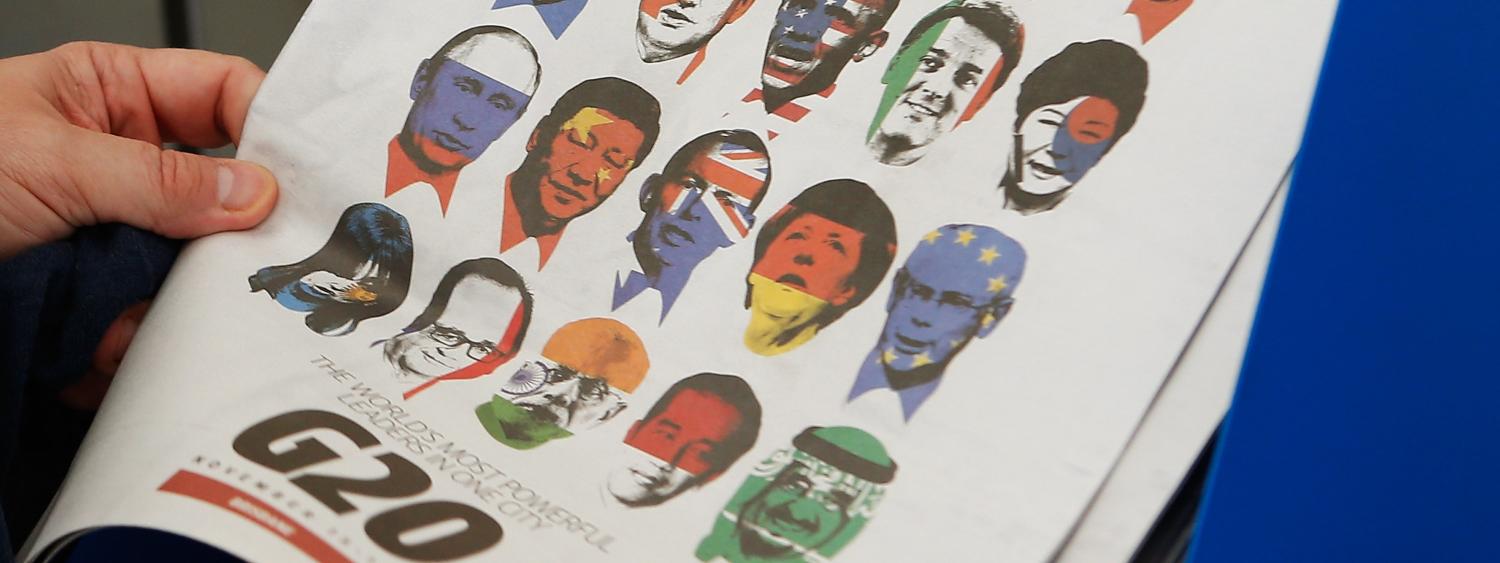Australia’s complicated relationship with China is in the throes of a long overdue reset. A stream of reports about Chinese Communist Party influence in Australian politics and civil society have led Australians to take a second look at the country's largest trading partner. The government’s anti-foreign interference laws are a necessary and reasonable response. It should be entirely uncontroversial that people in Australia not have their freedoms constrained by a foreign power.
But I think it’s worth noting that Australian journalism has had a big role to play in dragging this problem into the light, at a time it’s been under almost existential threat itself. And because the law cannot and should not criminalise every dubious act of foreign state influence, journalism has a continuing role in making sure the grey areas are held up to the light.
Yes, I’m a journalist, so I would say that. I know it’s a limited and imperfect craft. It's particularly complicated when sources for some of the reporting won't go on the record, as is common with these sorts of stories.
But sensible, careful journalism is, let’s say, a 'magic weapon' in this necessary fight, because it is about transparency and exposure - the antithesis of the CCP’s covert, coercive and unacknowledged influence operations. As the Jamestown Foundation’s Chinese intelligence expert Peter Mattis told me in an interview last week, the CCP’s influence work is not going to stop because a new law says so.
In sending this little herogram to journalism, I am by no means discounting the pioneering work of academics like Swinburne’s John Fitzgerald, who must have felt lonely for some time. Fitzgerald’s articles from a few years back about censorship in ABC Chinese language programming and early concern over China’s covert influence building in Australia were crucial canaries in the coalmine.
Credit where it’s due: the landmark joint Fairfax/Four Corners report in June this year by Nick McKenzie, Chris Uhlmann, Richard Baker, Sashka Koloff and (now Interpreter editor) Daniel Flitton kicked along the discussion in a big way, revealing concern by ASIO about the role of wealthy Chinese citizens who were major political donors in Australia. But this built on a lot of good reporting done on the topic, and before most but a handful of specialists had any grasp on the issue.
My former Fairfax colleagues, Beijing correspondents John Garnaut and Philip Wen, did a hell of a lot to bring this issue to light. Garnaut wrote about the CCP building networks of informants in Australian universities in this excellent piece in 2014 (and was angrily denounced by the Chinese consulate days later) and in 2015 produced this illuminating investigation into generous political donor Chau Chak Wing in 2015.
Phil Wen wrote this enlightening piece almost two years ago about Huang Xiangmo and the circumstances under which he left China; took a long look at the commercial deals Fairfax and other media organisations made with China’s Central Propaganda Department in early 2016; and signalled the new significance of the now notorious Australia China Council for the Peaceful Reunification of China in April 2016 with its abrupt intervention on the South China Sea issue around the same time.
I am going to immodestly spruik my own modest contribution in laying out, with Phil Wen, in mid-2016, various means by which Australian Chinese language media was brought into the CCP fold and question marks around the wisdom of having a Confucius Institute installed in the NSW Department of Education.
Fairfax journalist Latika Bourke first broke the Sam Dastyari story in August 2016, revealing he had a Chinese donor pick up a travel entitlement. In Primrose Riordan’s consistently good work at the Australian Financial Review and now The Australian, she was the first to reveal that Dastyari’s quid pro quo for Huang’s donations was a CCP-endorsed line on disputed areas in the South China Sea; and she has raised good questions around Andrew Robb’s post-politics role, among other things.
As the story has snowballed, Australian correspondents in China have contributed significantly to understanding of our great and powerful trading partner and its activities here: the ABC’s Matthew Carney, Bill Birtles and his predecessor Stephen McDonnell; the Fin’s Angus Grigg and Lisa Murray, Fairfax’s Kirsty Needham; The Australian’s Rowan Callick; as has ANU student Alex Joske who has lately been doing work for Fairfax and also, evidently, for Clive Hamilton’s yet-to-be-published book on the topic. There will be dozens more examples and I look forward to my many omissions being diligently corrected by Interpreter readers.
Understanding China is one thing, being able to unearth previously-unknown facts and communicate that to the public in comprehensible shorthand is another. It’s even harder as newsrooms get leaner and faster. There is a risk that corporate interests that want to ensure productive relationships with Chinese interests will squeeze the media space for robust investigation and discussion even further.
Finally, I think independent Chinese newspaper The Vision China Times, based in Sydney and Melbourne, deserves credit for working hard to report objectively, including covering topics in Chinese and English that are forbidden in the rest of the CCP-influenced media here. Editor Yan Xia wrote last year about the daily realities of that struggle.

